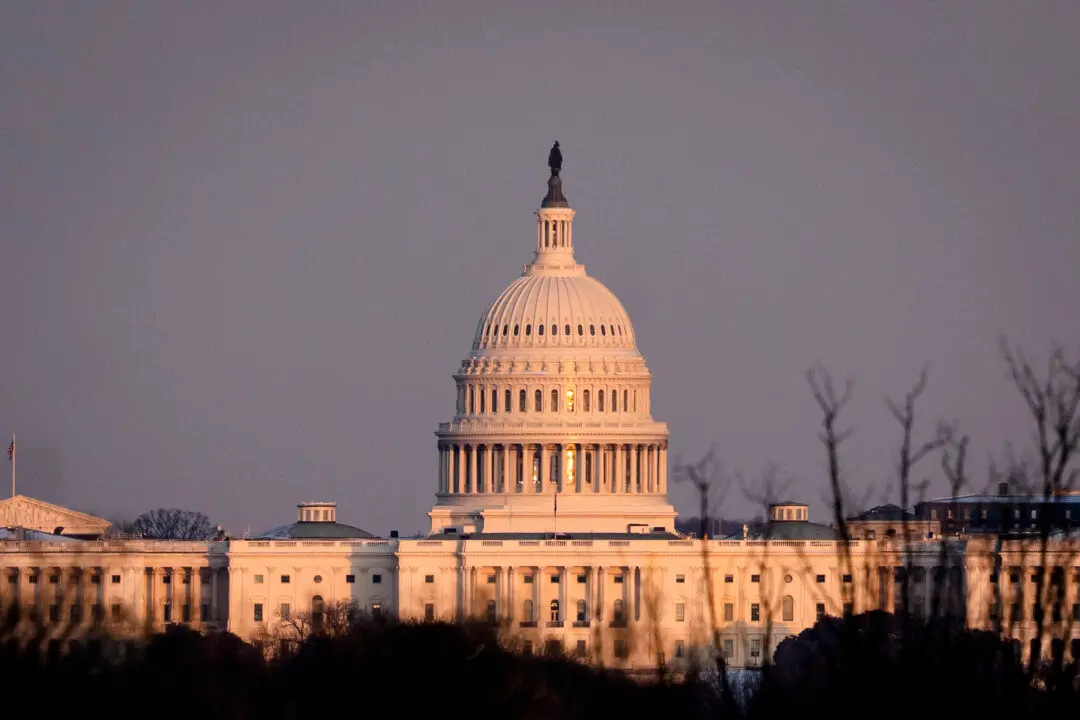Northern Ireland’s first minister-elect says that Scotland and Northern Ireland should reconsider independence from the UK in the aftermath of the 2016 decision to leave the European Union.
At an event hosted by the National Press Club in Washington, Michelle O'Neill—a member of the pro-Northern Irish independence Sinn Fein party—said Brexit was “never compatible” with the Good Friday Agreement that brokered a peace between Irish unionists and separatists in the second half of the 20th century.





